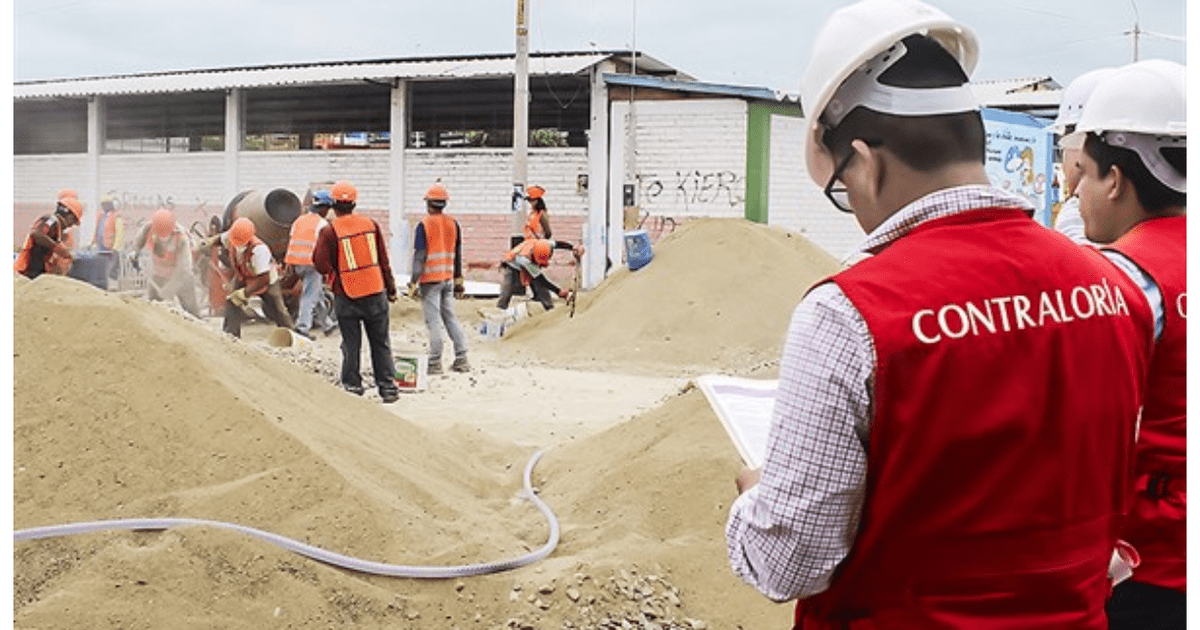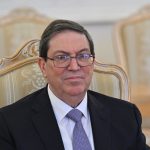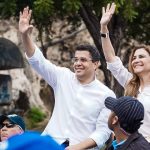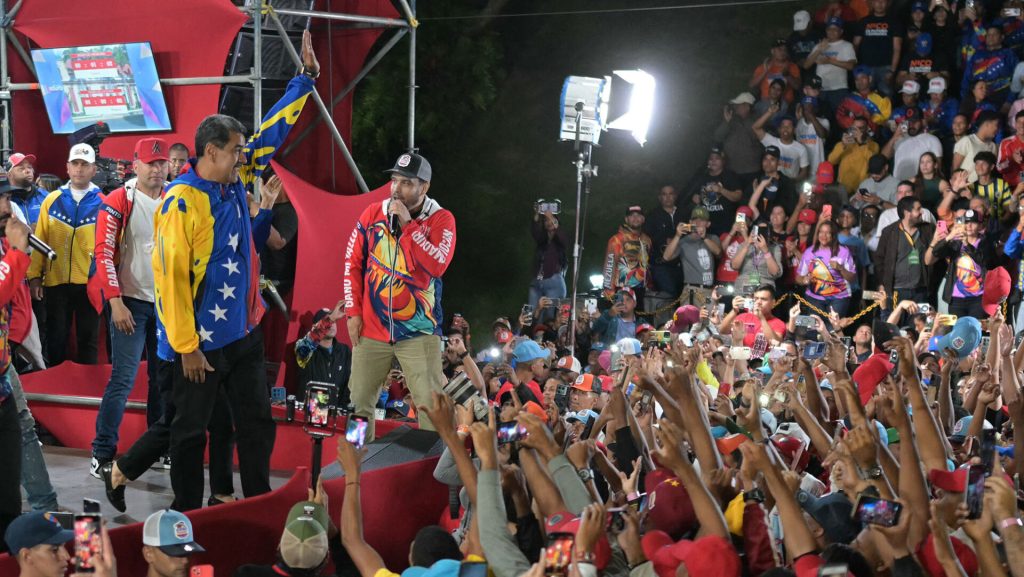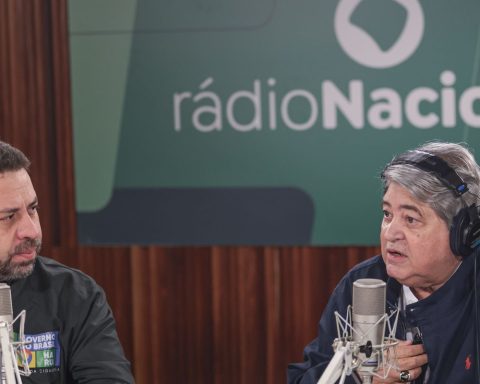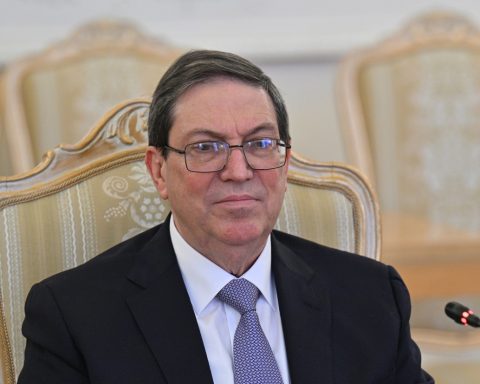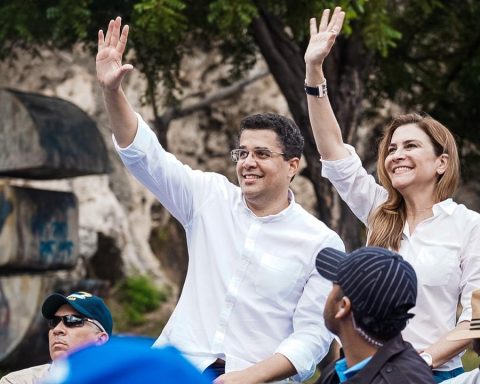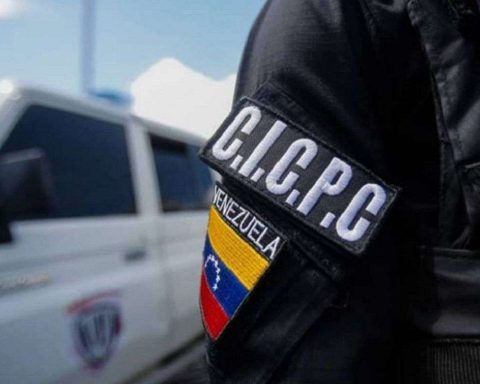In her speech, President Dina Boluarte mentioned the policies against corruption in a merely declarative way: “The frontal fight against corruption does not stop, and it is against any of its manifestations,” she said. And she pointed out as an example that her government has installed an electronic system for the sale of entrance tickets to Machu Picchu, thus ending a corrupt previous model. However, the Comptroller’s Office detected that the Ministry of Culture illegally contracted the company Joinnus to issue the tickets.
The good intentions of the head of state collide with reality.
He also said: “Just as we work to boost economic growth and move the country forward, we are committed to a firm and determined fight against corruption, a scourge that not only cuts short the lives and hopes of millions of compatriots, but also undermines basic principles such as honesty, transparency, and the efficient use of public resources, and thereby seeks to erode our democracy and our future.”
But, in parallel, Boluarte has affected the Comptroller’s capacity to oversee public works. He presented a bill to allocate S/3 billion to public works, while reducing funding for the so-called concurrent control, a type of oversight intervention by the Comptroller’s Office to prevent acts of corruption.
If an average of 56,000 concurrent control actions are carried out per year, with the cut in funds this figure would be reduced to 14,000. That is, practically a quarter, to the bare minimum.
Congress had no qualms about approving President Boluarte’s initiative. The legislature has given up its oversight role, which is constitutionally its responsibility.
For this reason, Congress did not question Boluarte’s proposal to appoint as Comptroller General to Cesar Aguilar Surichaqui. He approved it practically on the spot.
It should come as no surprise that in his first public statements, the new Comptroller General Aguilar agreed with the government’s decision to reduce funding for concurrent control actions to identify and prevent acts of government corruption.
The president has announced billions in infrastructure, but nothing concrete to combat corruption that affects the quality of the works.
“In my personal opinion, I don’t see much sense in demanding 2% (of the budget) for concurrent control. (…) I think 0.5% would be appropriate,” said Aguilar.
The new comptroller appears to be acting in harmony with the Government Palace and Congress, as Victor Caso Lay did in his time. During his time in the government of Alberto Fujimori, Caso overlooked serious cases of corruption, for which the courts opened criminal proceedings against him. He fled the country and was extradited.
Now that the president has announced investment projects in transportation, sanitation, education, health and agriculture for S/ 22,531 million, a strengthened control and oversight system will be required to prevent and detect potential acts of corruption.
Unfortunately, the head of state preferred to mention her good intentions, instead of firm and resolute policies: “Neither this president, nor any of our ministers, are involved in acts of corruption! And we will not have them, because the ministers have sworn to their positions under a clear commitment, and because this president will not tolerate them,” said Boluarte.
The concurrent control of the Comptroller’s auditors covered up to 67% of the state apparatus, but with the reduction in the budget, it will be reduced to 27%, which will favor government corruption. According to the latest report from the Comptroller’s Office, S/24,000 million of public funds were lost due to acts of corruption. Now it will be much more.
UNCOMFORTABLE PRESENCE
While President Dina Boluarte said in her speech for Fiestas Patrias that one of the most important objectives of her government “is the eradication of all signs of corruption,” her brother Nicanor Boluarte, investigated by the prosecutor’s office for belonging to “Los Waykis en la sombra,” nodded in agreement from one of the balconies of the chamber.
The presence of Nicanor Boluarte was undoubtedly a challenge. The president, through her former lawyer Mateo Castañeda, contacted the former head of Diviac, PNP Colonel Harvey Colchado, to inform him about the case of the president’s brother. Colchado reported the case to the prosecutor’s office and the brother was detained for a time.
Former Attorney General Antonio Maldonado
“The failure to refer in depth and in depth to the fight against corruption is a very serious omission, despite the fact that national institutions such as the Office of the Comptroller General of the Republic, and even non-governmental organizations, platforms for investigating corruption, indicate that the problem of corruption is very serious.”
“President Diana Boluarte herself, in her speech last year, referred to corruption as a cancer that corrodes the country and gave some scattered and incoherent measures. But at least she mentioned it that time.”
“Failing to address corruption as befits her position as head of state is a sign of her lack of leadership, to say the least, because we know that she is the protagonist of very serious investigations into corruption (such as the Rolex watch case). Therefore, By ignoring corruption, he has renounced his role as leader of the State in the fight against this scourge.”
